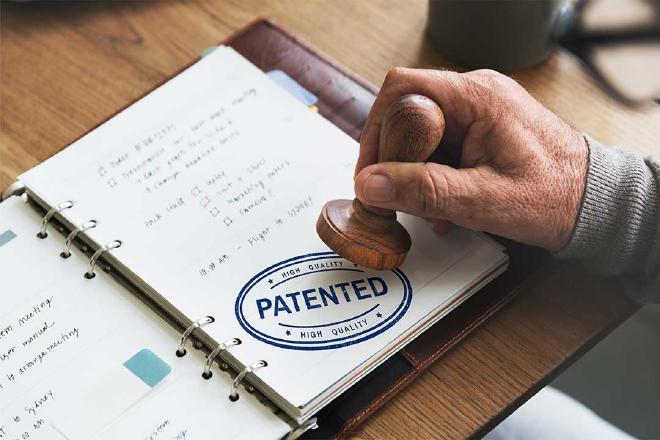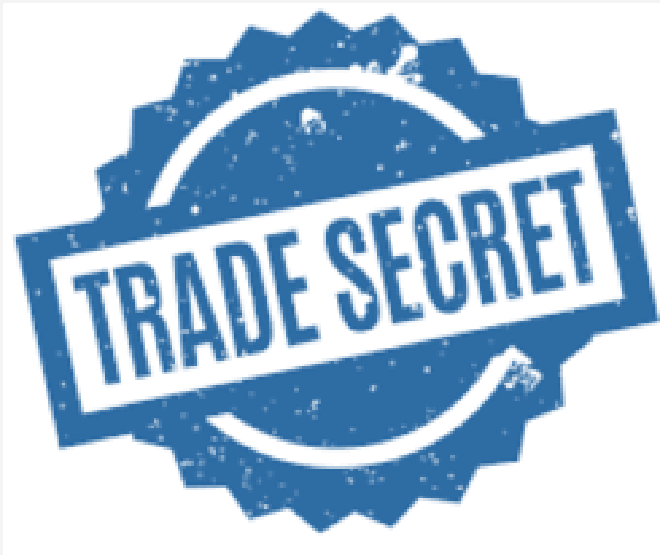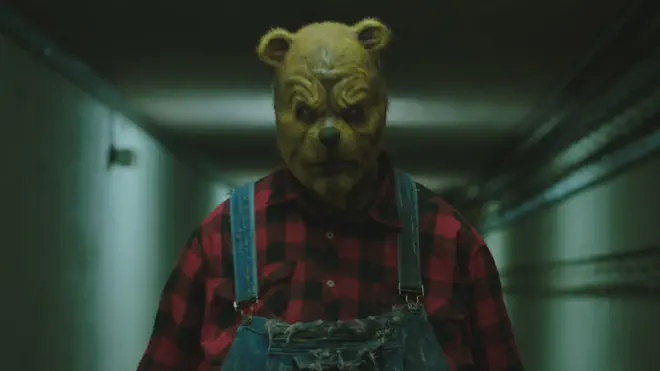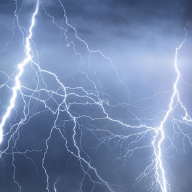What is IP?#
IP stands for Intellectual Property, and is the cornerstone of the modern creative business sector. It is essential for protecting the ideas, work, and productivity of creatives everywhere, and without it many would go out of business. The term IP, however, covers a wide variety of subjects including (but not limited to):
- Patents - These cover inventions, and prevent other people or organizations from simply taking an innovation created by another party and using it to improve their own business, potentially to the detriment of the original party. In a creative context, this could cover, new algorithms developed in house to be used for example in pipelines or rendering, or even specific mechanics in video games. An example of this is the “Nemesis system” used in the game “Middle-Earth: Shadow of Mordor”, which covers the system allowing specific non player characters to remember the player’s actions and change their behaviour accordingly. It was patented by Warner Bros Interactive Entertainment in 2021, and prevents any other game company from using a similar system in their game, or risk by sued into oblivion by a multi-billion dollar conglomerate. Almost everyone agrees that this is a good thing, and would much rather have Warner Brothers intellectual property protected than allow upstart game devs to use fun mechanics in their games.

Copyright - This covers the rights that a creator holds over their creations, and allows them to protect themselves from plagiarism. Copyright applies to almost everything in the creative industries, from music created for shows, games and movies, to 3D models made for architectural visualisation and advertising, to code written by programmers for games systems, pipelines, and tools. This is generally what people think of when they consider IP, and for good reason, as it prevents other individuals or companies from stealing the creative work of others. This is essential for an industry that relies on being able to monetise their creations, and without it, the industry as we know it would most likely not exist. However, it can also be abused, most commonly in the music industry. An example of this is the eight-year-long lawsuit against Ed Sheeran brought by the descendants of Marvin Gaye’s co-writer, Ed Townsend, alleging that his song “Thinking out Loud” had stolen “the heart” from the 1973 song “Let’s Get It On”. Sheeran eventually won the case, but stated “I’m unbelievably frustrated that baseless claims like this are allowed to go to court at all” afterwards. This can be seen as a negative use of copyright, as it can be used to stifle genuine creativity in others for monetary gain.
Trade Secrets - This covers a lot more than just the creative industries, but it also applies heavily to productions that require secrecy before a public release, such as film, games, and TV. Usually, this comes in the form of an NDA, or Non Disclosure Agreement, which is a legal contract that prevents one of the parties from sharing any of the information outlined within. This can be a problem, especially for artists who may work on a project under NDA for potentially years, only for the project to be cancelled, leaving them with nothing to show for the work they did. As such, some artists are tempted to put work from these projects in their portfolio anyway. However, since an NDA is a legally binding document, if their previous employer finds out, they are perfectly within their rights to bring that person to court for the breach of a contract. And even if they decide not to, an artist that is known to have broken an NDA has a much lower chance of being hired by another company, essentially blacklisting them from the industry. This is why it’s generally not advisable to breach an NDA.

Public domain#
The opposite of IP is work that is in the public domain. This is what happens after the copyright on a specific piece of work expires. This usually happens many decades after the original work has been created, but when it does, it means that anyone can do anything with that concept, without fear of legal repercussions. A recent example of this is when the copyright on Winnie the Pooh ran out on January 1, 2022, after 95 years of being legally protected. This was immediately capitalised upon by filmmakers who released “Winnie the Pooh: Blood and Honey”; a horror film with the tag line “This ain’t no bedtime story” that thoroughly went against the message of the original source material. If the original copyright had still been valid, then Disney would almost certainly have sued the filmmakers out of existence, but since it is now in the public domain, there was nothing they could do. It currently has a rating of 2.9/10 on IMDB and stands as a warning of the dangers of the public domain. You can watch it on Prime video from £1.99.

In Conclusion#
IP is essential for protecting creative individuals and companies from plagiarism and misuse, and without it, the industry we know today most likely wouldn’t exist. However, IP can also be abused by those seeking to use it to enrich themselves, rather than to uphold creative integrity. As such, it is important to be educated on the topic, and to always remain vigilant to infringement, both by other people and yourself.
